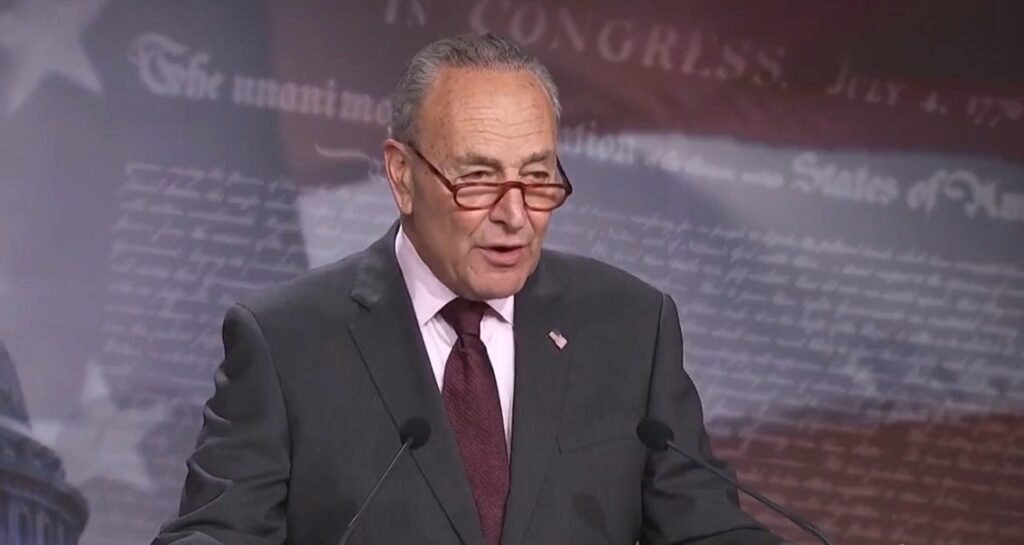In the final weeks leading up to the transition of power, President Trump raised concerns about the Democrats’ efforts to confirm judges to the U.S. courts before the new Congress convenes on January 3, 2025. With the 2024 elections resulting in Republican dominance across all three branches of government, including a substantial victory in retaining control of the House of Representatives and recapturing the Senate, Trump urged Republican senators to halt any further judicial confirmations. He characterized the Democrats’ actions as an attempt to “stack the courts” with left-leaning judges, which he termed as “Radical Left Judges”. This sentiment reflects the broader concerns among Republican leadership regarding the short timeframe to influence judicial appointments before the impending change in governance.
As the Senate Majority Leader, Chuck Schumer has been proactive in pushing through judicial nominations, citing the need to confirm President Biden’s nominees swiftly. He announced the confirmation of Rebecca Pennell as a district judge for the Eastern District of Washington, demonstrating the Democrats’ intention to solidify their influence in the judiciary. By highlighting this appointment on social media, Schumer aimed to underscore the momentum within the Senate towards confirming Biden’s judicial appointees even as their tenure is coming to an end. The urgency of such confirmations is a strategic move by the Democrats to ensure that their judicial philosophy continues to have a lasting impact in the courts.
Trump’s concerns escalated as Schumer proceeded to announce additional judicial confirmations, including the nomination of Mustafa Kasubhai as a district judge in Oregon. Schumer emphasized the efficiency of the Senate in moving forward with judicial appointments, indicating that on a single day, they were set to vote on confirming multiple judges. The speed of these actions has stirred significant political debate, with Trump calling for Republican senators to “Show Up and Hold the Line,” ultimately imploring them not to let further appointments occur before the inauguration of the new Congress.
Furthermore, Schumer reported that a total of twelve district court judges had advanced in the confirmation process since the previous week alone. His remarks reflect not only a commitment to supporting Biden’s judicial appointments but also showcase a strategic effort by the Democrats to bolster their judicial presence in light of an impending Republican-controlled Congress. As the Senate gears up for crucial votes, the push for confirmations is seen as a race against time to reinforce the judiciary with judges aligned with Democratic values before the majority shifts.
In tandem with these appointments, Schumer confirmed other significant judicial positions, including a Biden-appointed appellate judge, US Magistrate Judge Embry Kidd, to the 11th Circuit Court of Appeals. This is particularly noteworthy as the 11th Circuit oversees important district courts in Florida, Alabama, and Georgia, areas that have recently been focal points for various political and legal disputes. The confirmation of such judges is portrayed as part of a broader strategy to entrench Democratic judicial philosophy, particularly in jurisdictions pivotal to upcoming electoral dynamics.
In conclusion, the ongoing dispute over judicial confirmations encapsulates the broader political tensions at play as Democrats make a final push to solidify their judicial legacy before relinquishing power. Trump’s call for Republicans to block additional appointments highlights the high stakes involved in the judicial landscape, as newly confirmed judges could shape crucial legal decisions for years to come. As both parties navigate this contentious period, the outcome will likely resonate through the judicial system and the political arena long after the new Congress commences its sessions.

